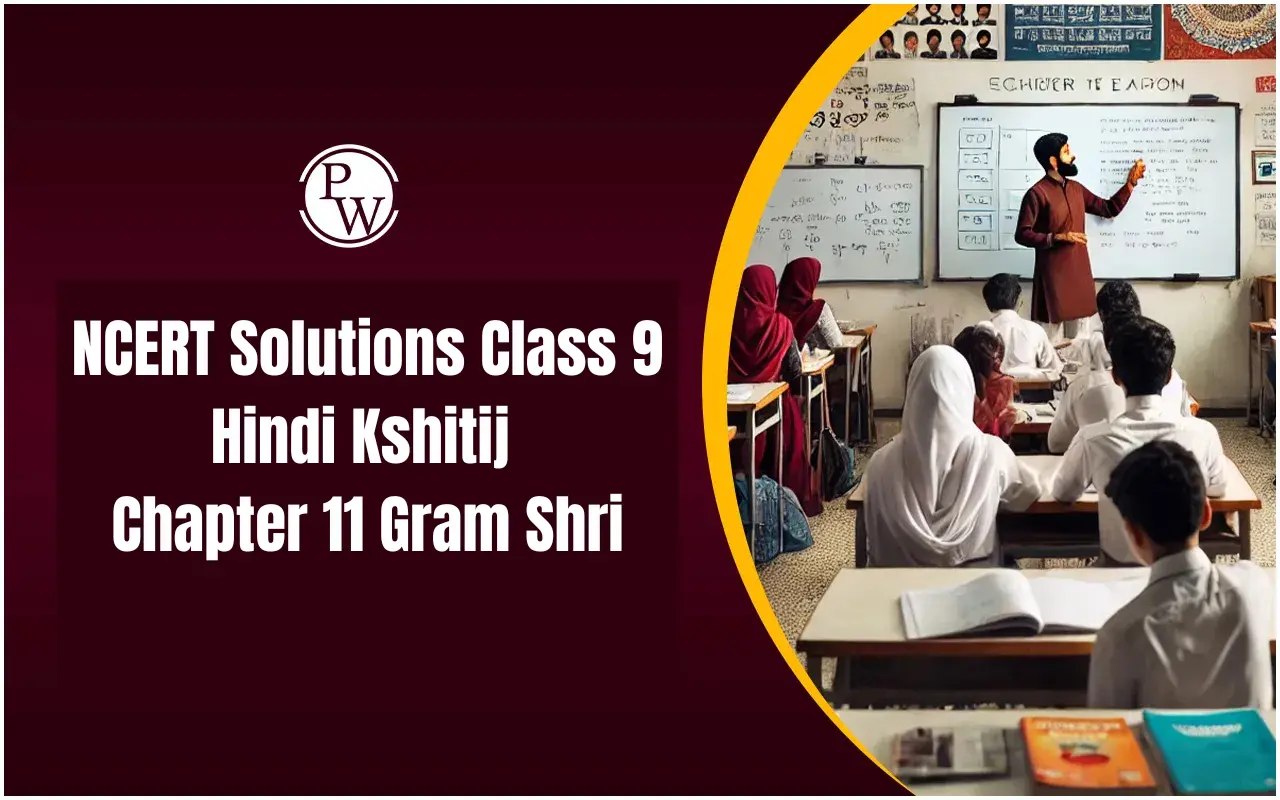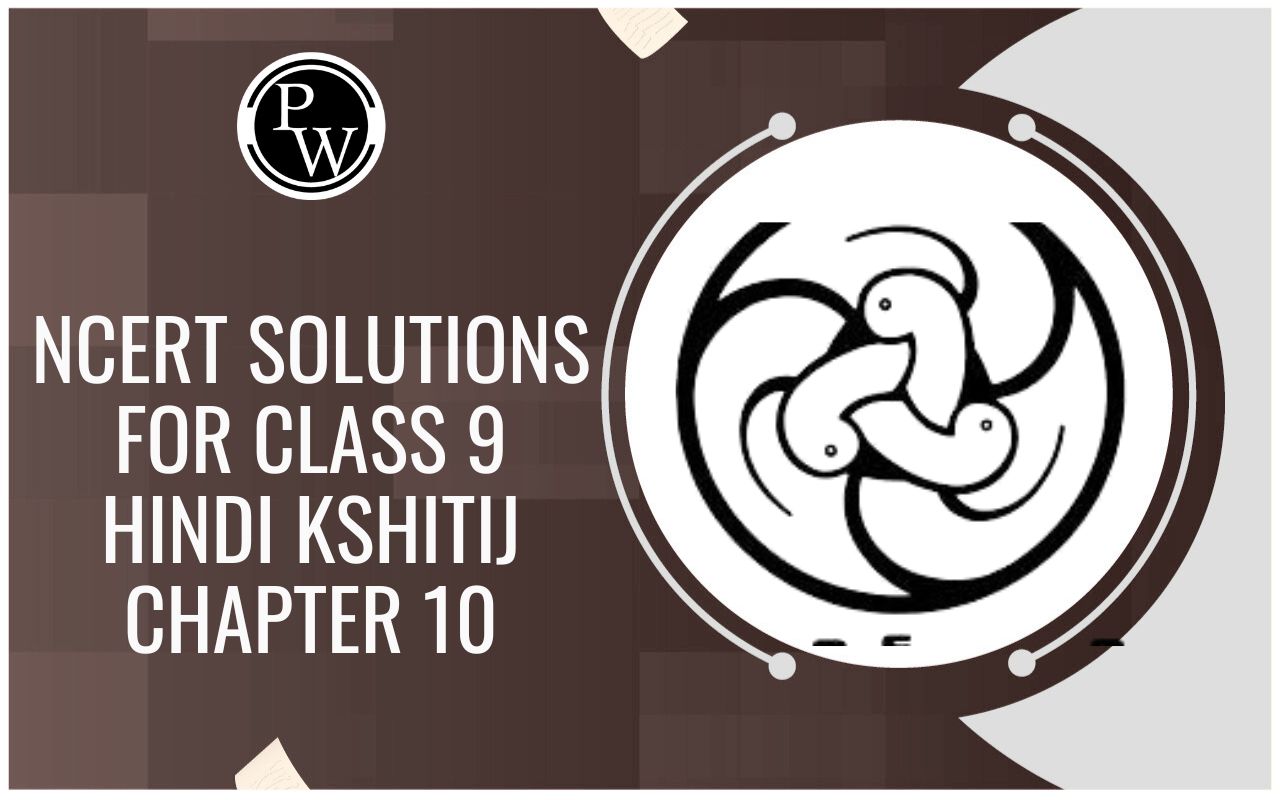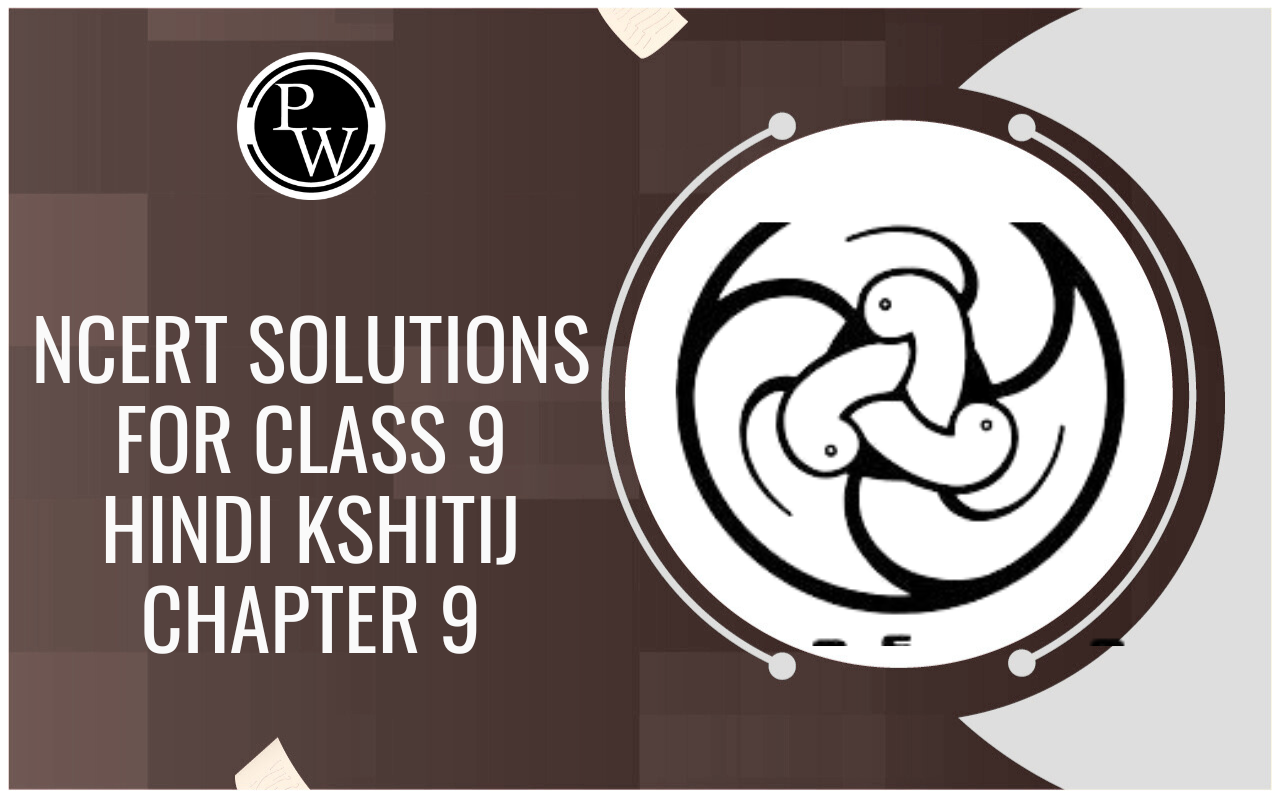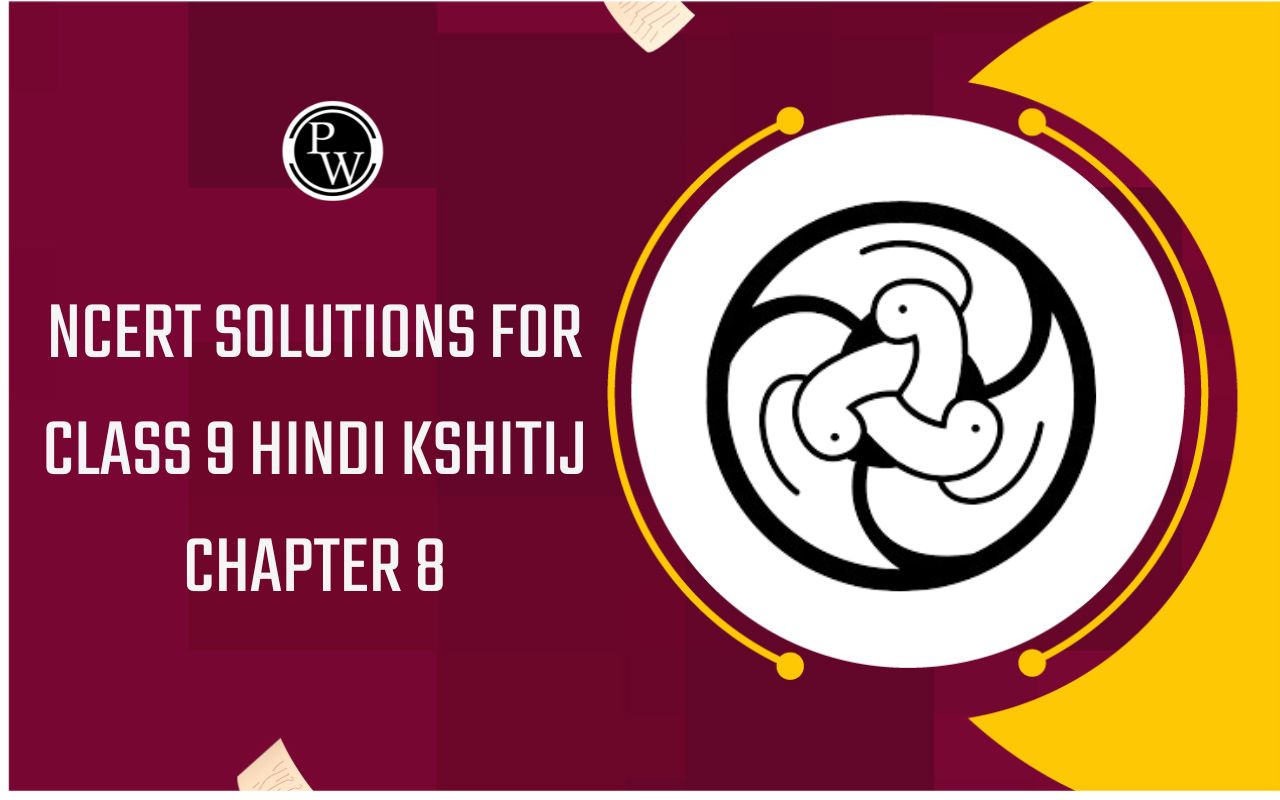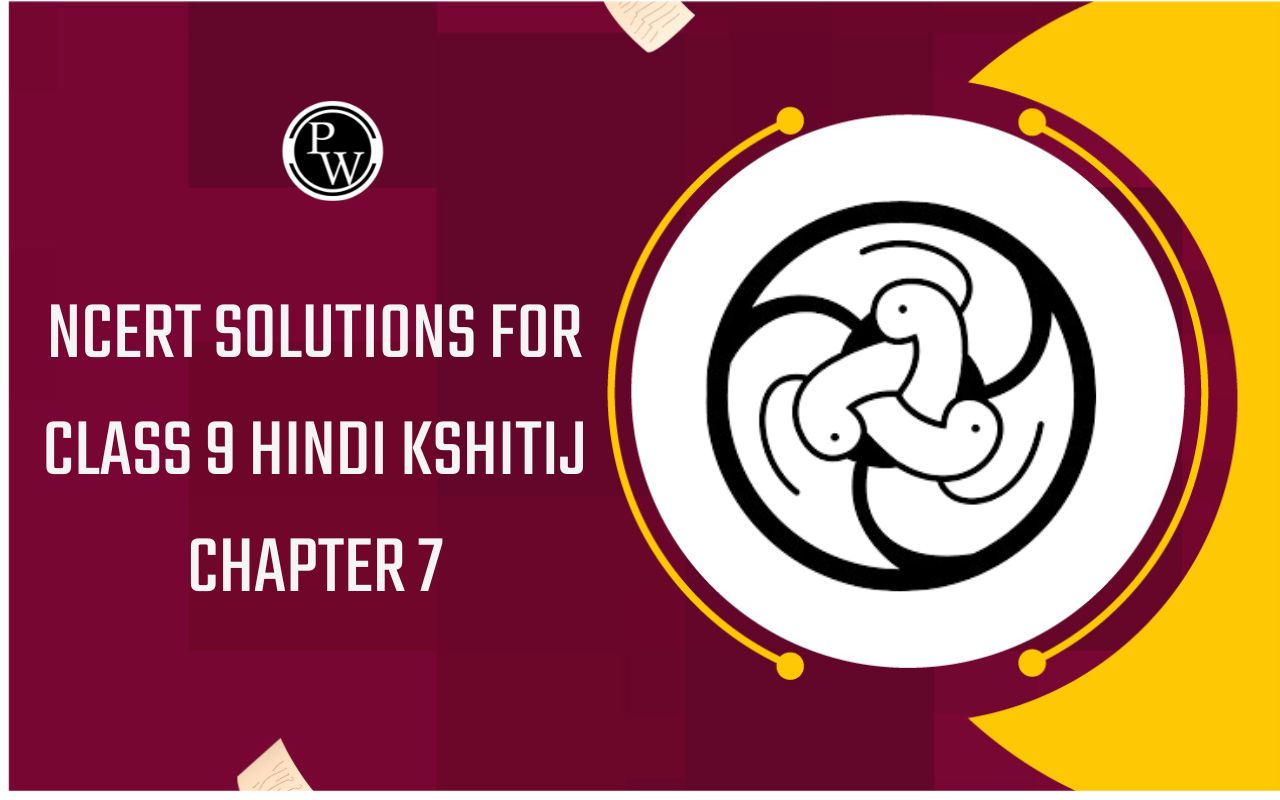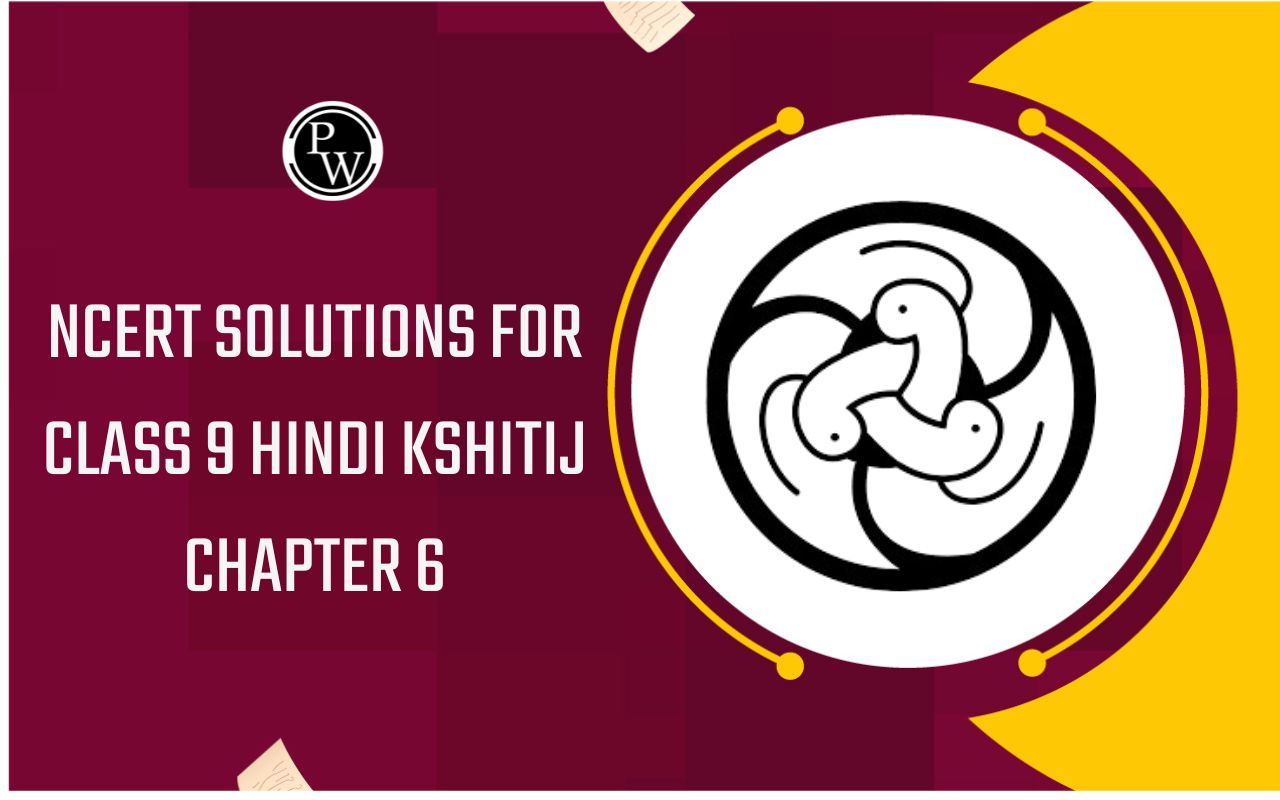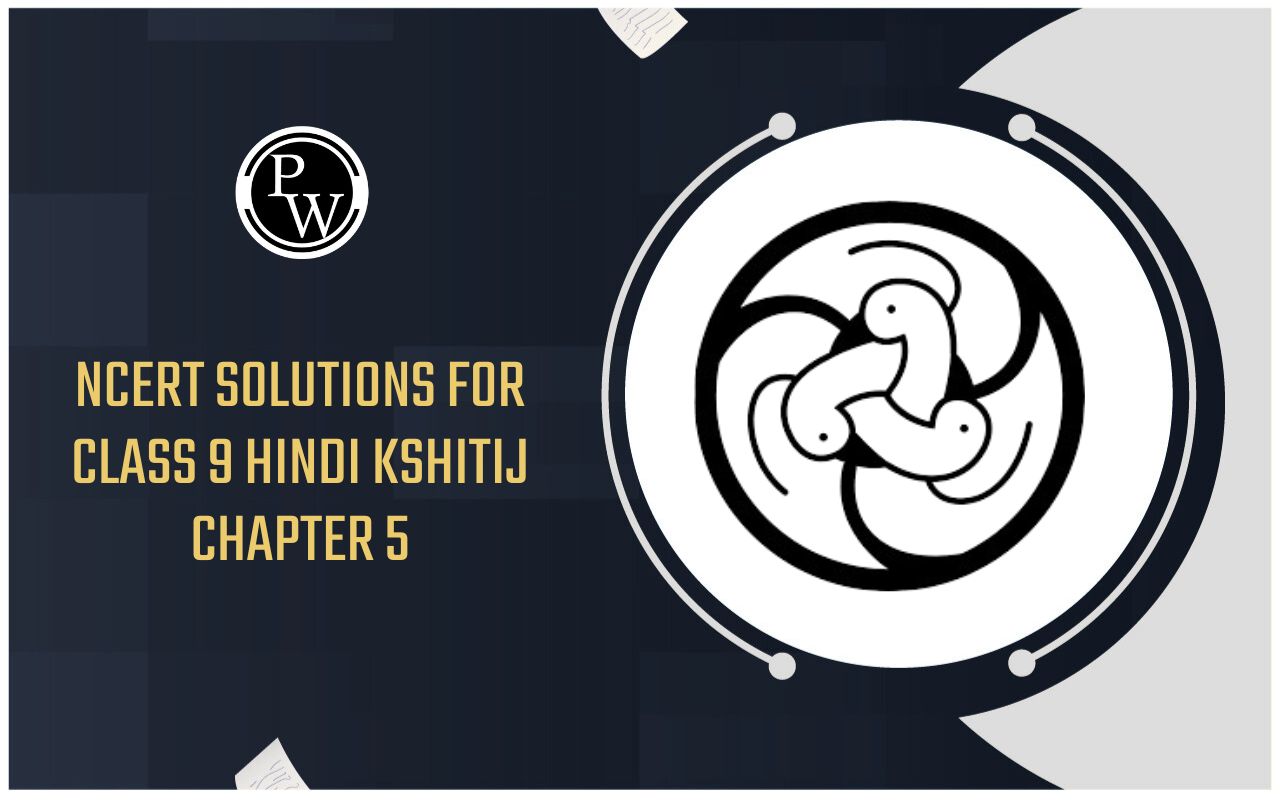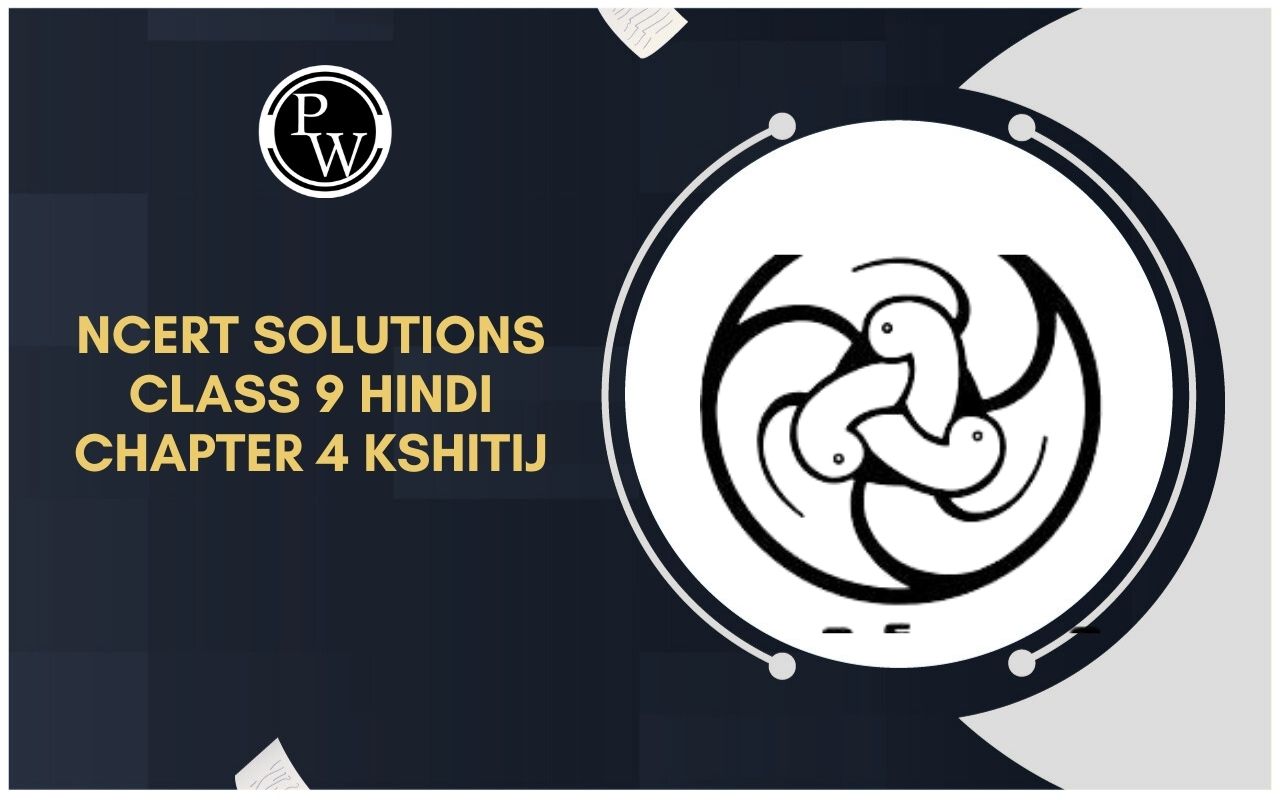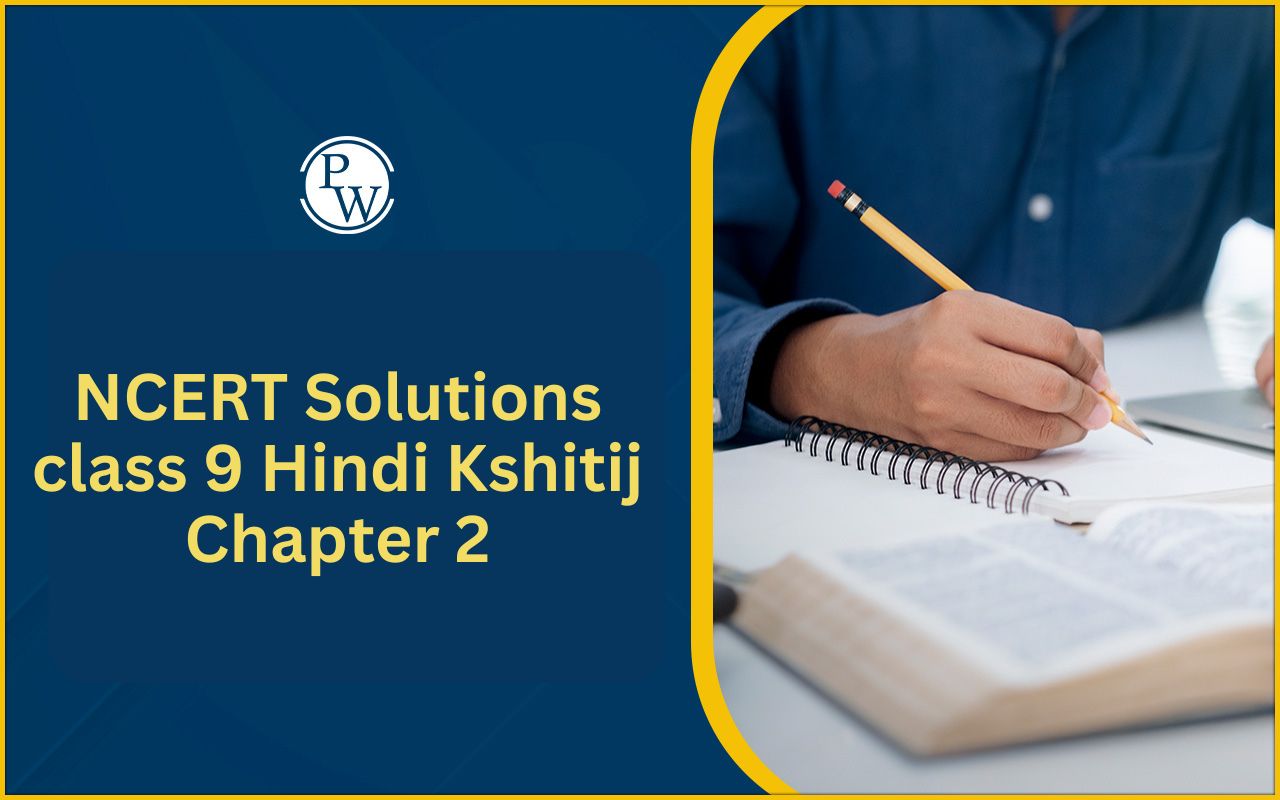
Why Should People Decide
Why Do We Need A Parliament of Class 8
- Under colonial rule, the people had lived in fear of the British government and did not agree with many of the decisions that they took. But they faced grave danger if they tried to criticise these decisions. The freedom movement changed this situation. The nationalists began to openly criticise the British government and make demands. The formation of the Indian National Congress in 1885 gave a platform to discuss various issues such as demand for elected members in the legislature with a right to discuss the budget and ask questions, The Government of India Act 1909, allowed for some elected representation. The British did not allow for all adults to vote nor could people participate in decision making.
- The participation of different people in the struggle for freedom left little doubt in the minds of the nationalists that all persons in independent India would be able to participate in making decisions. With the coming of independence, the dreams and aspirations of the freedom struggle were made concrete in the Constitution of independent India that laid down the principle of universal adult franchise, i.e. that all adult citizens or the country have the right to vote.
People and their Representatives
The base of democracy is the idea of consent, i.e. the desire, approval and participation of people. The basic idea is that the individual or the citizen is the most important person and that in principle the government as well as other public institutions needs to have the trust of the citizens.
Election is the way by which the individual give approval to the government. People elect their representatives to the Parliament, then, one group from among these elected representatives forms the government. The Parliament controls and guides the government. In this sense people, through their chosen representatives, form the government and also control it.
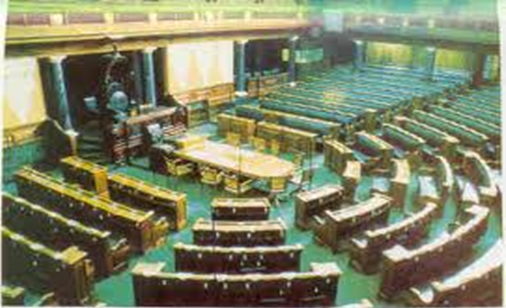
The Role of the Parliament
Created after 1947, the Indian Parliament is an expression of the faith that the people of India have in principles of democracy i.e. participation by people in the decision-making process and government by consent. The Parliament in our system has immense powers because it is the representative of the people. Elections are held in a similar manner as they are for the state legislature. The Lok Sabha is usually elected once every five years. The country is divided into numerous constituencies.
Each of these constituencies elects one person to the Parliament. The candidates who contest elections usually belong to different political parties.
Once elections to the parliament have taken place the parliament mainly needs to perform three functions.
- To select the National Government.
- To control guide and inform the government.
- Framing of laws.
To Select the National Government
For a political party to form the government, they must have a majority of elected MPs. Since there are 543 elected (Plus 2 nominated) members in Lok Sabha, to have a majority, a party should have at least half the number i.e. 272 members or more.
- The Opposition: The Opposition in Parliament is formed by all the political parties that oppose the majority party/coalition formed. The largest amongst these parties is called the Opposition party. The opposition is constituted by parties other than the ruling party. The Opposition parties play a crucial role in the healthy functioning of a democracy. They highlight drawbacks in various policies and programmes of the government and mobilise popular support for their own policies.
- Selection of the Executive: Executive is a group of persons who work together to implement the laws made by the Parliament. The Prime Minister of India is the leader of the ruling party in the Lok Sabha. From the MPs who belong to her party, the Prime Minister selects ministers to work with her to implement decisions. These ministers then take charge of different areas of government functioning like health, education, finance etc.
- Coalition government: When no single party gets the majority that is required to form the government. They then join together with different political parties who are interested in similar concerns to form what is known as a coalition government. Such a government is called a coalition government. Coalition governments of 13, 15, 18, 19 and 14 parties were formed in the years 1996 (Devgoda), 1997 (I. K. Gujral), 1998 (A.B. Bajpai), 1999 (A. B. Bajpai) and 2004 (Dr. Manmohan Singh) respectively.
- Rajya Sabha: It functions primarily as the representative of the states of India in the Parliament. It can also initiate legislation and a bill is required to pass through the Rajya Sabha in order to become a law. It has an important role of eviewing and altering the laws initiated by the Lok Sabha. Members are elected by the elected members of the Legislative Assemblies of various states. It has 245 members, of which 233 are elected members plus 12 members nominated by the President.
To Control, Guide, and Inform the Government
- Question Hour: The question hour is an important mechanism through which MPs can elicit information about the working of the government. This is very important way through which the parliament controls the executive. By asking questions the government is alerted to its shortcomings, and also comes to know the opinion of the people through their representatives in the Parliament, i.e. the MPs. Asking questions to the government is a crucial task for every MP. The government gets valuable feedback and is kept on its toes by the questions asked by the MPs. A member who desires an oral answer to the question is required to mark it with a star. Such questions are known as starred questions. Through these questions the member can seek from the minister some other relevant information connected with the reply already given on the floor of the house. These are called supplementary questions. Some questions without stars are also asked. These are meant for written answers. The answers to all the questions and the supplementary questions given by ministers make the government responsive to Parliament. This is one of the several ways in which the Parliament controls, guides and informs the government.
- Making of a law: Whenever a bill is moved, members get an opportunity to discuss the merits and demerits of the government policies. The Parliament is the highest place where government policies can be discussed.
- No Confidence Motion': The opposition party or parties may move a motion that the Lok Sabha does not have confidence in the Council of Ministers. If the majority in the house votes against the motion, the Council of Ministers continues to be in the power. However, if the majority votes for the motion the Council of Minister has to resign. Normally In both the cases the members of the government and opposition parties get the opportunity to appreciate or criticise the government.
- Other ways: There are other ways also in which members can keep control over the government. Some of these are-calling attention notice, adjournment motion, etc. In these cases members can request the Speaker to have a pointed discussion on a particular issue.
Law Making
Framing of laws and amendments to previous laws is an important function of the legislature. The proposal for a law is called a bill. It is of two kinds - ordinary bill and money bill. Until a bill is passed through a proper procedure, it cannot be a law or an act.

